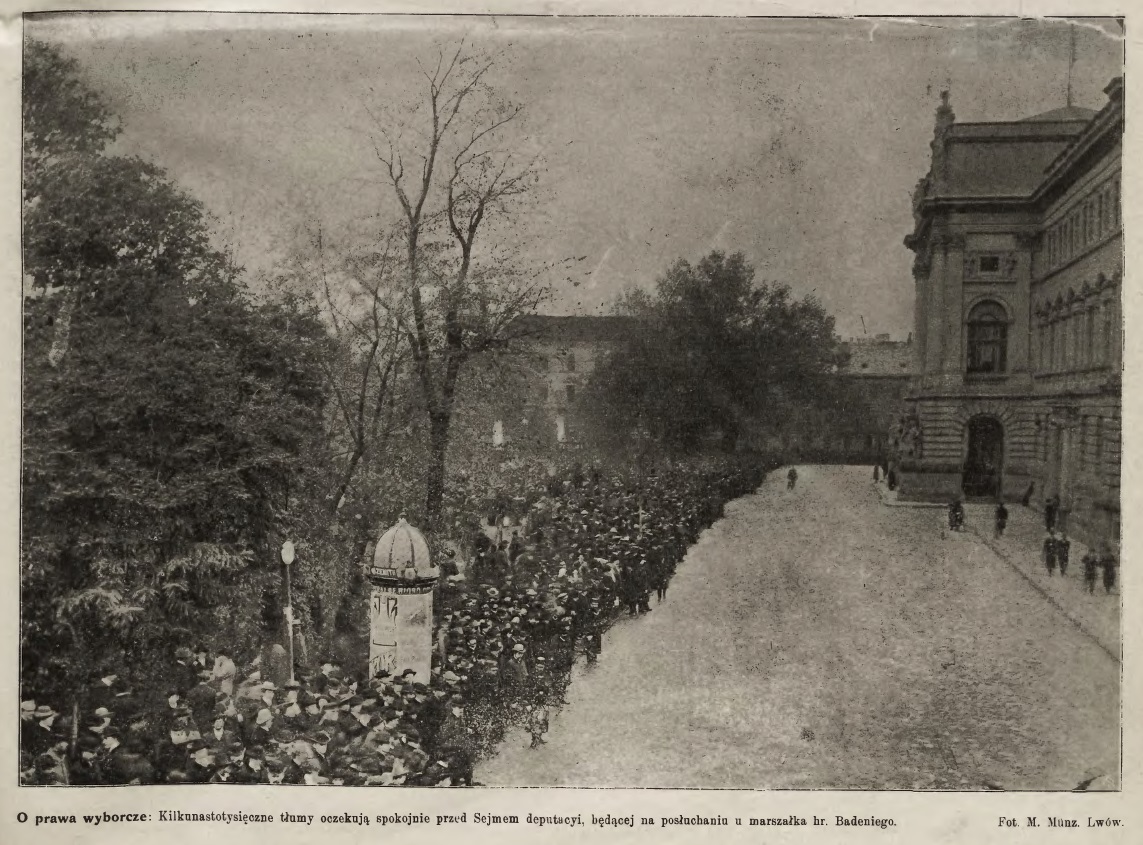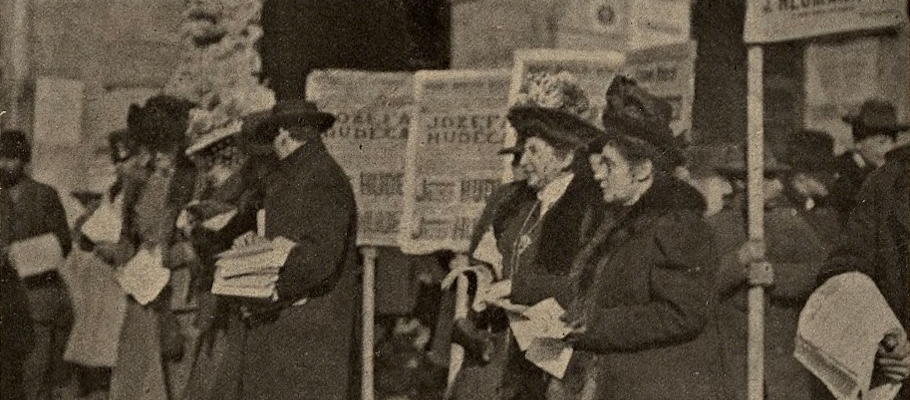The period of Habsburg autonomy was a time of emancipation, when various population groups became "visible", obtaining at least the opportunity to "speak out" at rallies and demonstrations, to sign a petition or to discuss a draft law, if not the right to vote in the modern sense of the word. This was a time, when not only nationalism was spreading but also socialist ideas, which in Austria-Hungary, where the interests of different peoples had to be reconciled, took shape in a specific type of socialism, Austro-Marxism, whose followers paid considerable attention to the national issue itself.
Emancipation processes allowed various national communities to "come onto the stage"; the government was now formed not only by aristocrats but also by representatives of bourgeoisie; in addition, manifestations of workers and women became frequent as both were becoming organized groups with their own subjectivity.
>>> Read more



